On July 31, 2025, El Salvador’s Legislative Assembly, dominated by President Nayib Bukele’s New Ideas party, approved sweeping constitutional reforms allowing indefinite presidential reelection and extending presidential terms to six years.
The reforms, spearheaded by lawmaker Ana Figueroa, modified five articles of the constitution and also eliminated the second round of presidential elections. With a supermajority in the Assembly, the changes passed with 57 votes in favor and only three against, effectively clearing the way for Bukele to potentially remain in power indefinitely.
Judicial Overhaul and Reelection Reform Spark Fears of Democratic Backsliding and Power Centralization
Bukele’s path toward expanded authority has been years in the making. In 2021, a newly elected Congress loyal to Bukele removed key Supreme Court justices who had opposed reelection, replacing them with allies who later ruled it legal for him to run again despite a constitutional ban.
This move raised alarms among political observers and human rights advocates who viewed it as a dismantling of one of the last institutional checks on presidential power in El Salvador. Critics have expressed concern that these constitutional changes are part of a broader strategy to centralize control.
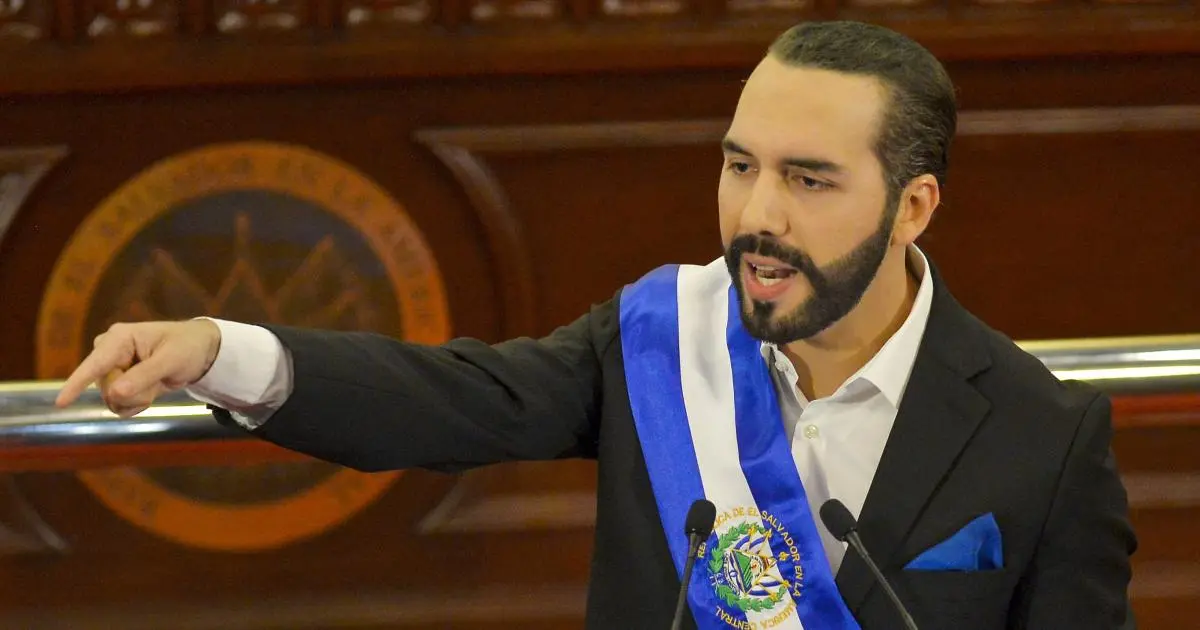
Domestically, the reforms sparked vocal opposition from minority lawmakers like Marcela Villatoro of the Nationalist Republican Alliance, who declared, “Democracy in El Salvador has died.” She warned of the risks associated with indefinite reelection, including increased corruption, nepotism, and weakened political participation.
Conversely, supporters like Assembly Vice President Suecy Callejas framed the reforms as a restoration of power to the people. Internationally, Bukele has faced criticism, especially from human rights groups, although the Biden administration has largely softened its stance. With Donald Trump’s return to the U.S. presidency, Bukele has gained a new political ally, further solidifying his international position.
Authoritarian Tactics and Popularity: Bukele’s Security Crackdown Gains Regional and Domestic Support
Despite the growing concentration of power, Bukele remains immensely popular. His strongman approach to public security, especially the aggressive crackdown on street gangs, has resonated with voters tired of violence and instability.
While there is evidence that previous administrations, including Bukele’s, had negotiated with gangs, his declaration of a state of emergency and the subsequent mass incarcerations of suspected gang members have boosted his image as a decisive and effective leader. Many citizens have been willing to overlook potential human rights abuses in exchange for increased safety.
As Bukele tightens his grip on power, his administration has escalated pressure on critics, recently arresting prominent lawyers and causing a leading human rights organization to leave the country, citing government-led repression.
Despite this, Bukele’s model of governance, marked by authoritarian methods and populist rhetoric, has gained traction across Latin America, inspiring other leaders who seek similar authority. While his domestic approval remains high, the long-term effects of his constitutional overhaul and repressive tactics on El Salvador’s democracy remain uncertain.

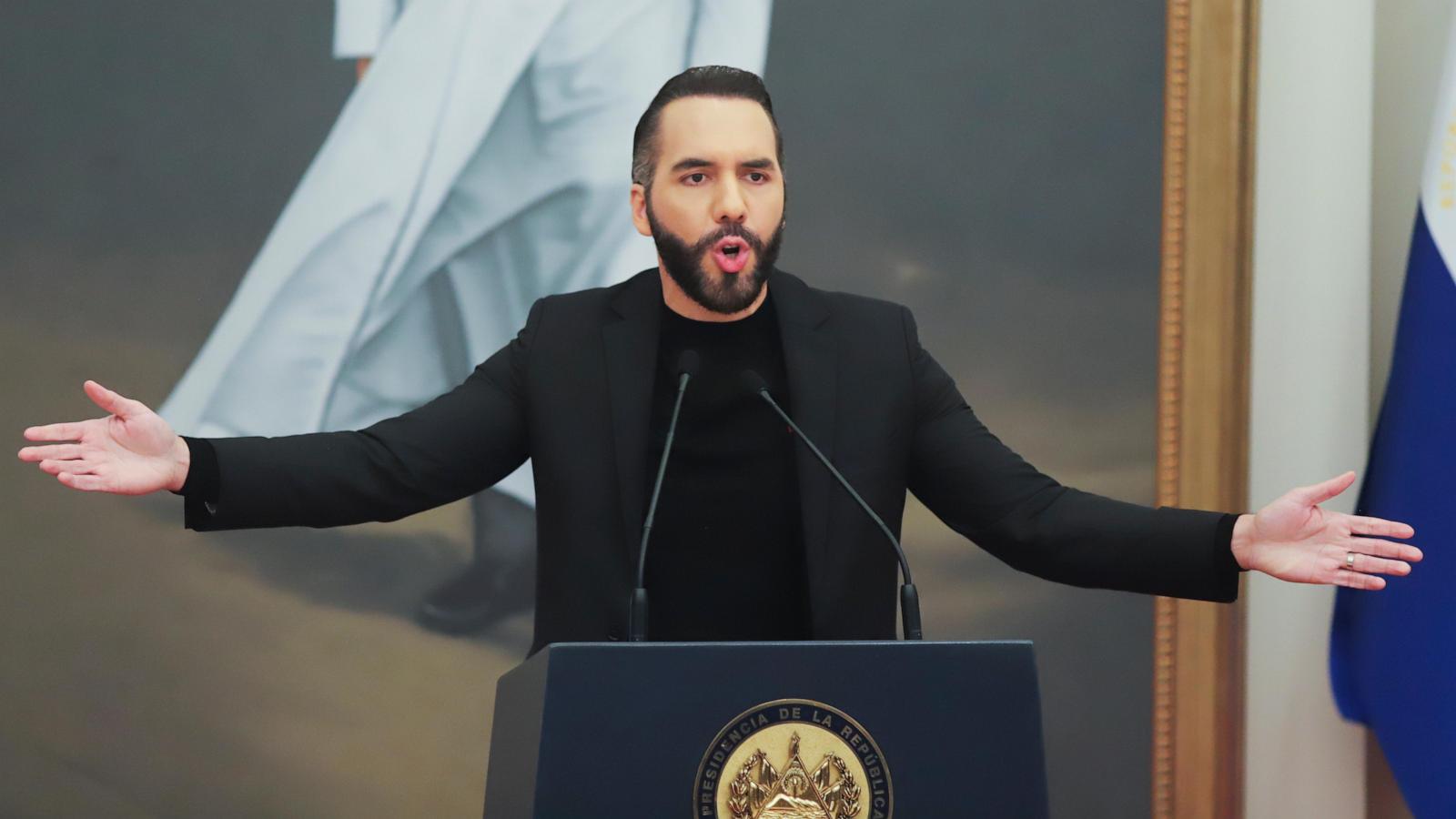
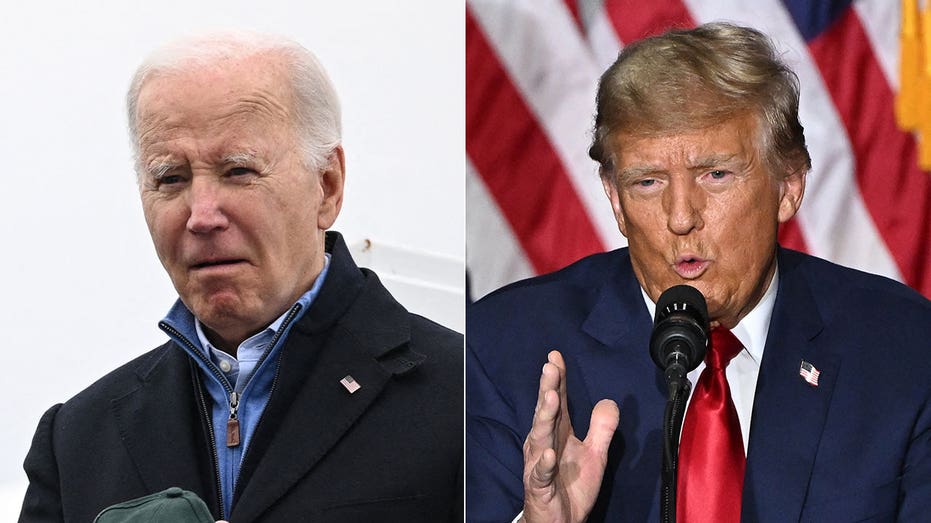






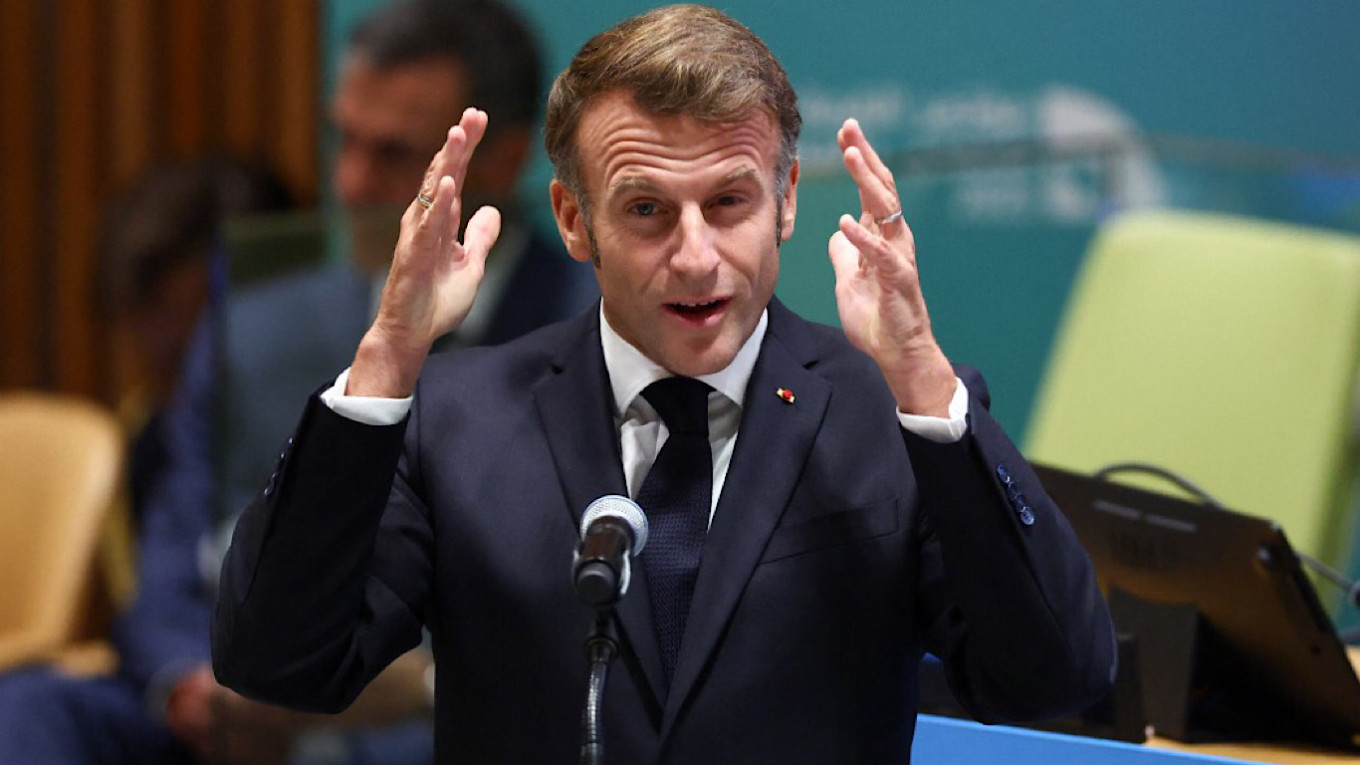
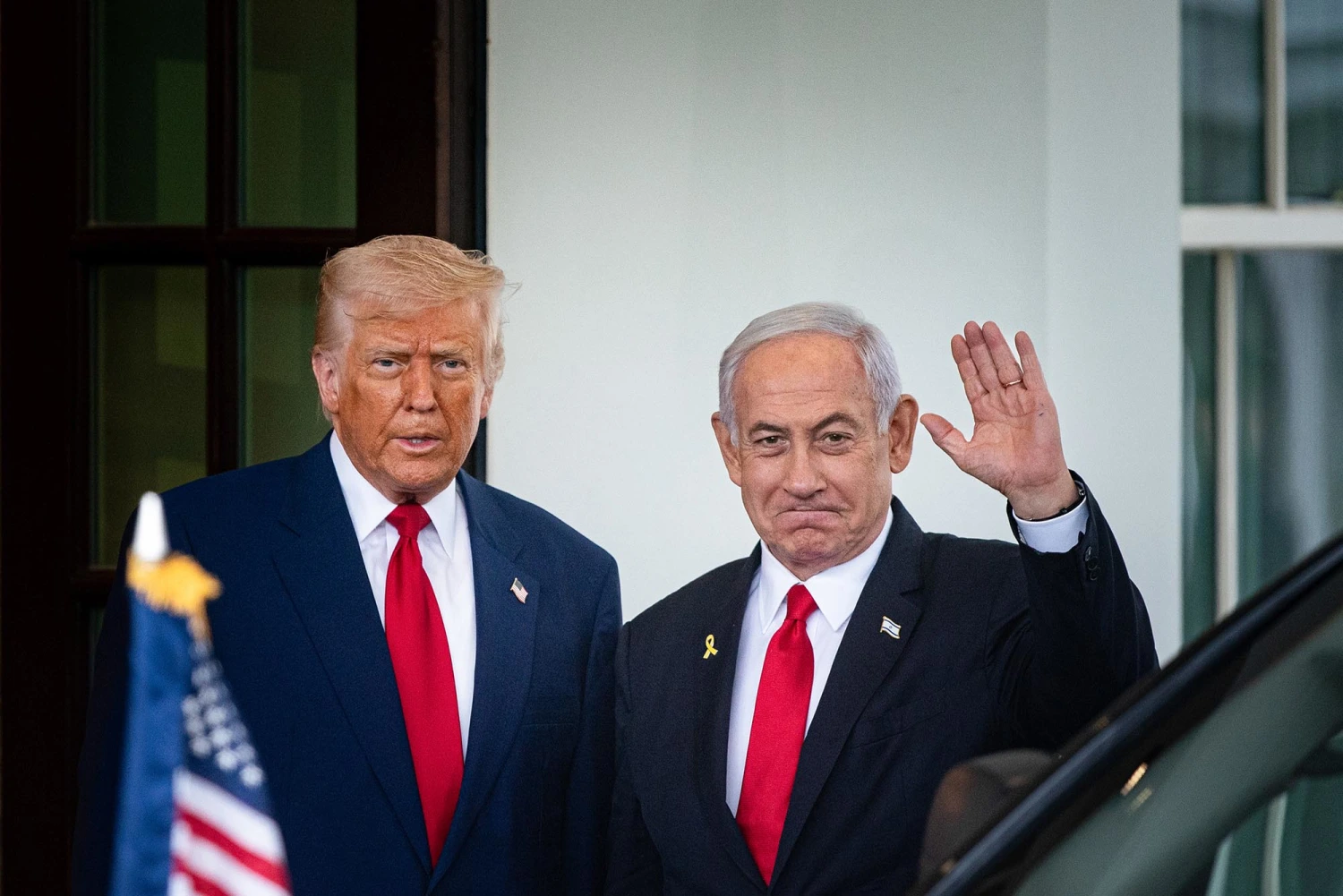
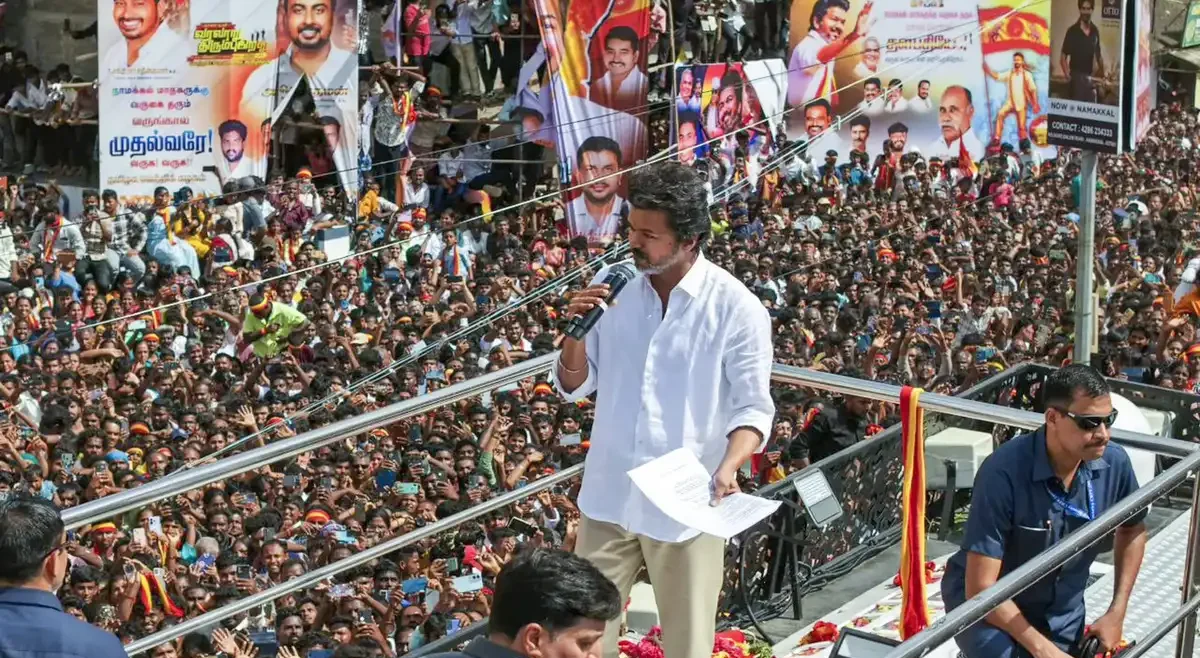
Leave a Reply